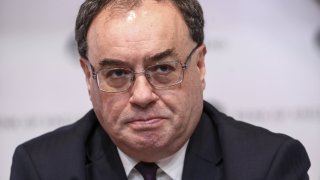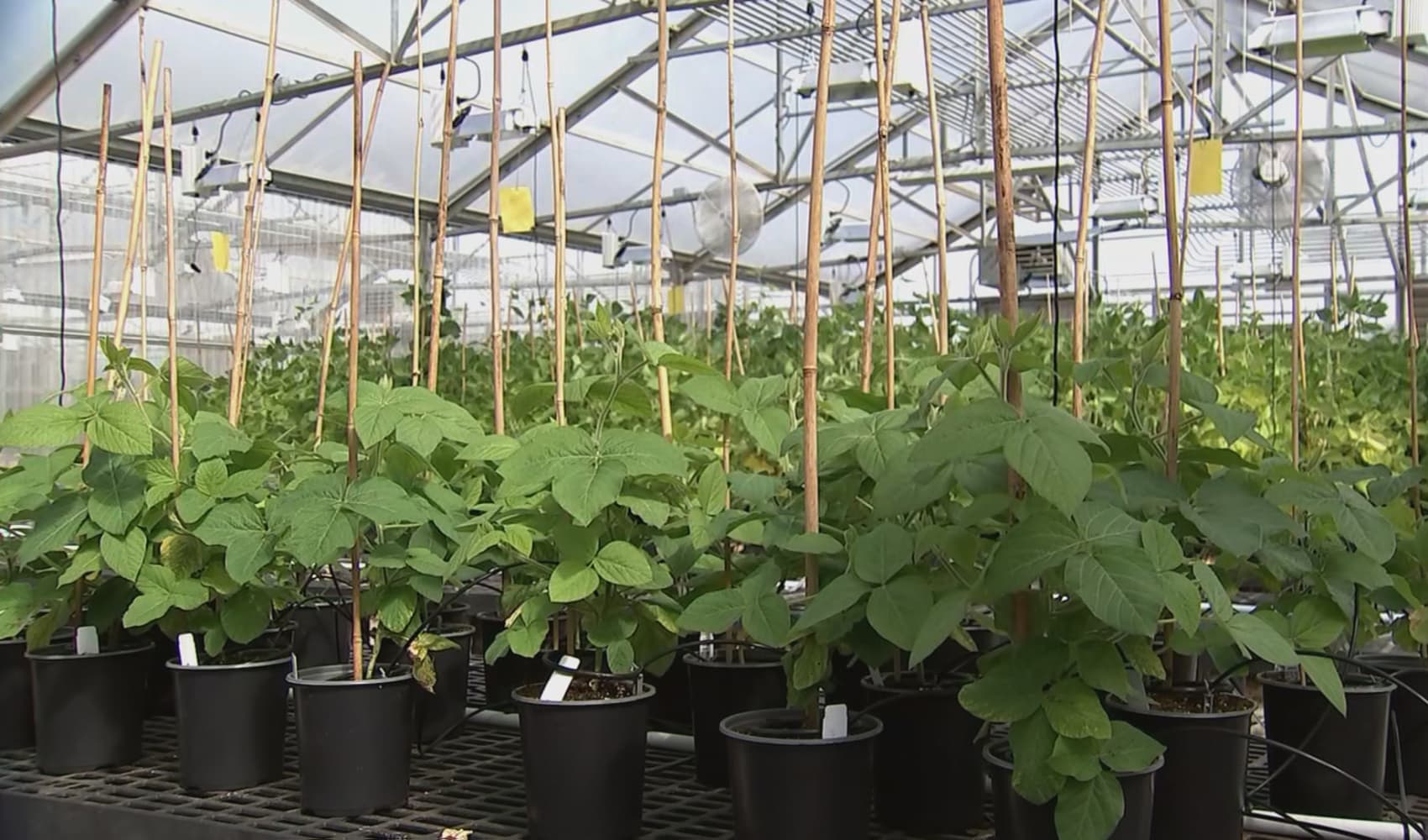
- Bank of England Governor Andrew Bailey tried to quell markets Thursday, saying "don't get carried away" after the central bank imposed back-to-back interest rate hikes.
- "We have to go in steps," amid soaring inflation and volatile energy prices, Bailey told CNBC Thursday.
- The Bank on Thursday raised interest rates by 25 basis points, taking the main Bank Rate to 0.5%.
LONDON — Bank of England Governor Andrew Bailey tried to quell markets Thursday, saying "don't get carried away" after the central bank imposed its first back-to-back interest rate hike in almost two decades.
Speaking to CNBC's Geoff Cutmore, Bailey said more hikes would be likely in its efforts to stem soaring inflation. But he reiterated that such moves would be gradual.
"We have to go in steps," Bailey said. "It's right to take those steps gradually," he added, citing weak economic forecasts and energy market volatility.
Get Philly local news, weather forecasts, sports and entertainment stories to your inbox. Sign up for NBC Philadelphia newsletters.
The Bank on Thursday raised interest rates by 25 basis points, taking the main Bank Rate to 0.5% and marking its first back-to-back interest rate hike since 2004.
Although markets had expected the 25 basis point hike, taking the Bank Rate to 0.5%, economists were surprised that four members of the Monetary Policy Committee voted for a 50-basis point increase, suggesting an even more hawkish trajectory than previously anticipated.
Money Report
Bailey — himself a "strong" proponent of the 25 basis point hike — said the committee was split on the debate of "how do you behave in a world of high uncertainty facing very substantial inflation." However, he said the decision to move cautiously had won out.
"In a world of very high uncertainty, which is what we're in at the moment, there's a strong case for going step by step," he said, adding that he did not have a view on how many steps it might take.
The central bank faces the dual challenge of wrestling inflation, which is expected to peak at 7.25% in April, down to its 2% target, while avoiding a further squeeze to households as real income declines and energy prices soar.
Britain's energy regulator on Thursday increased its energy price cap by 54% as supply side problems continue to exert upward pressure on costs, meaning an increased cost to households of up to £693 ($940.50) per year.






